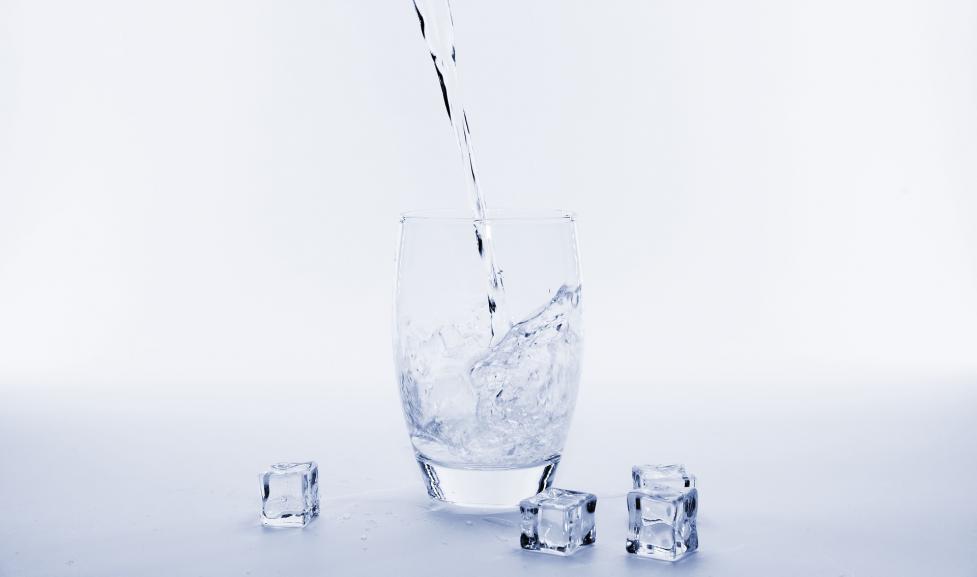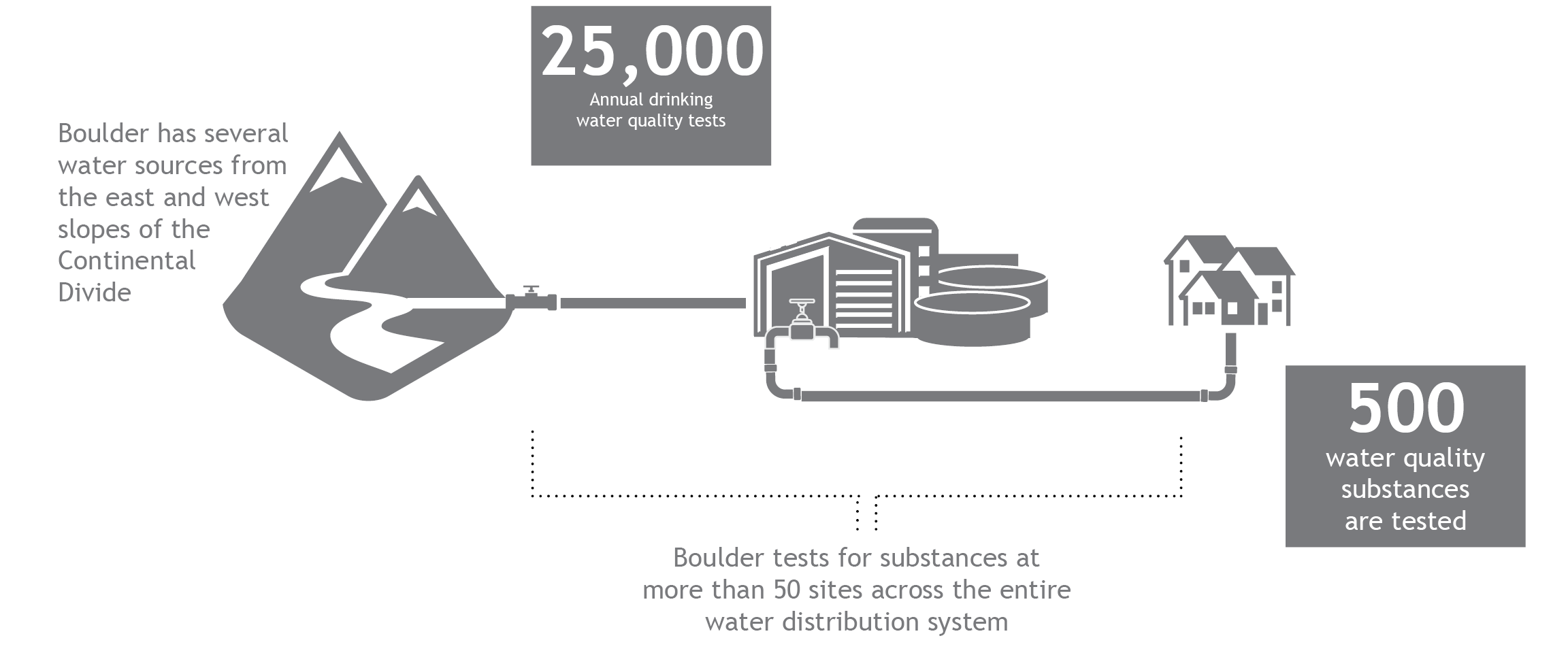The City of Boulder is pleased to present the 2023 Drinking Water Quality Report, which summarizes water quality testing results from 2022. Read the Water Report PDF and learn about the city’s efforts to protect our water supply from the impacts of wildfires.
El Gobierno de la ciudad de Boulder se complace en presentar el Reporte de calidad de agua potable de 2023. El reporte resume los resultados de los análisis de la calidad del agua del año calendario 2022. Una copia digital del reporte está disponible en este enlace, que incluye todos los esfuerzos llevados a cabo por la ciudad de Boulder para proteger nuestro abastecimiento de agua del impacto de los incendios forestales.

